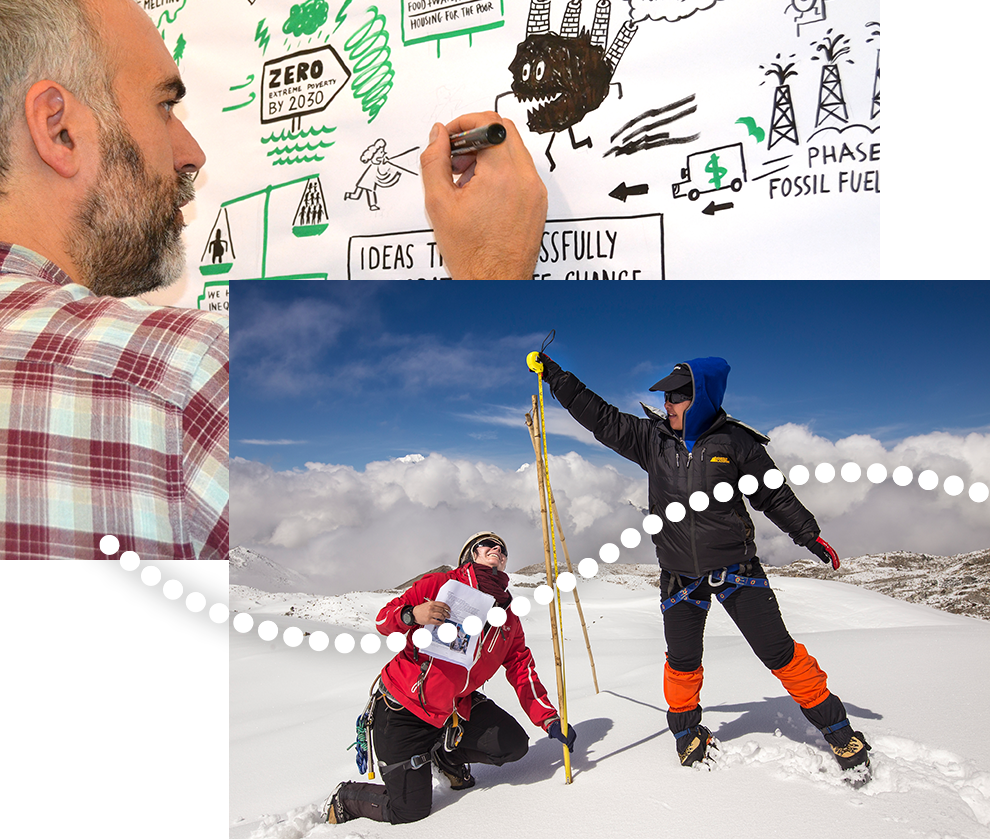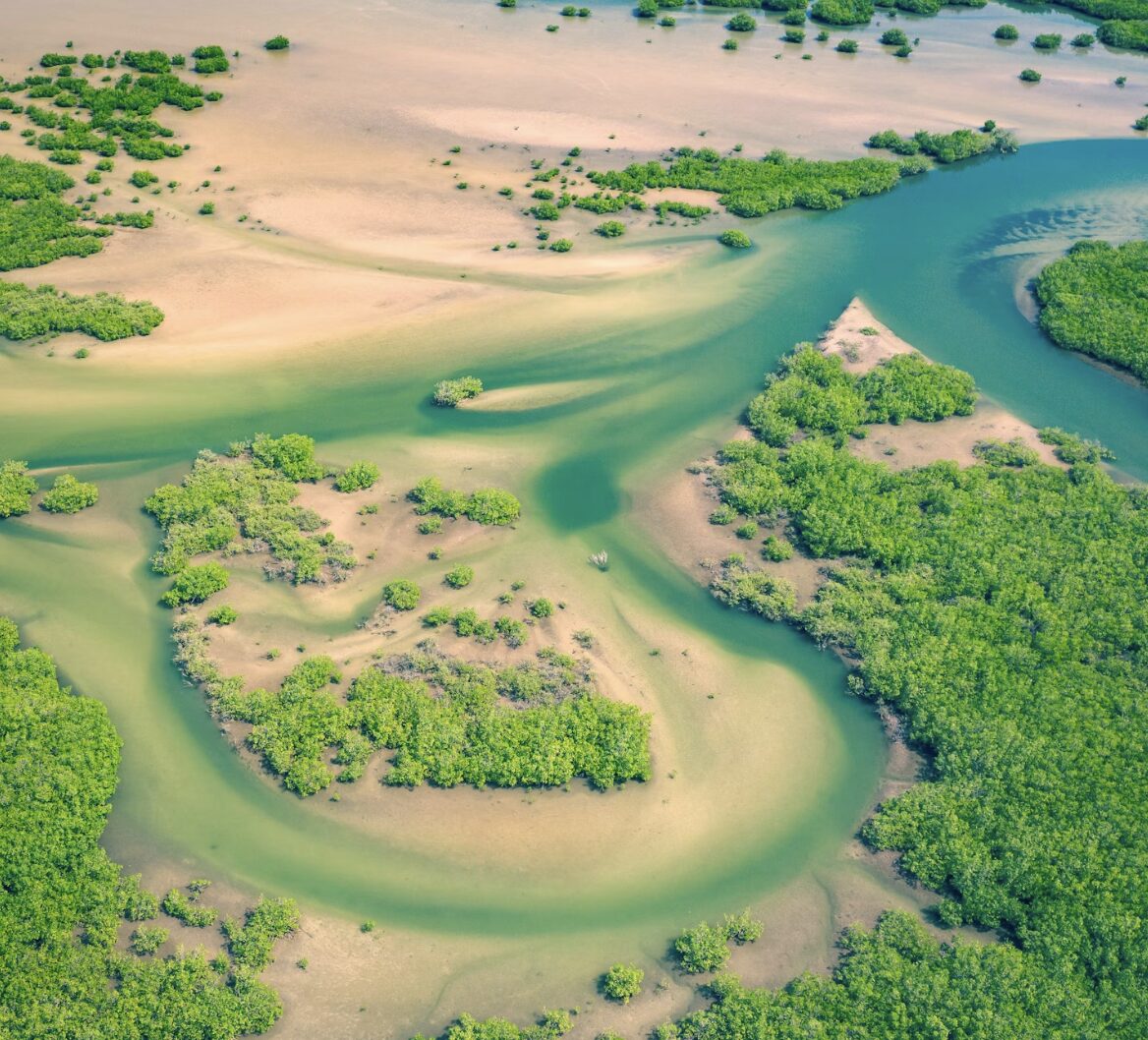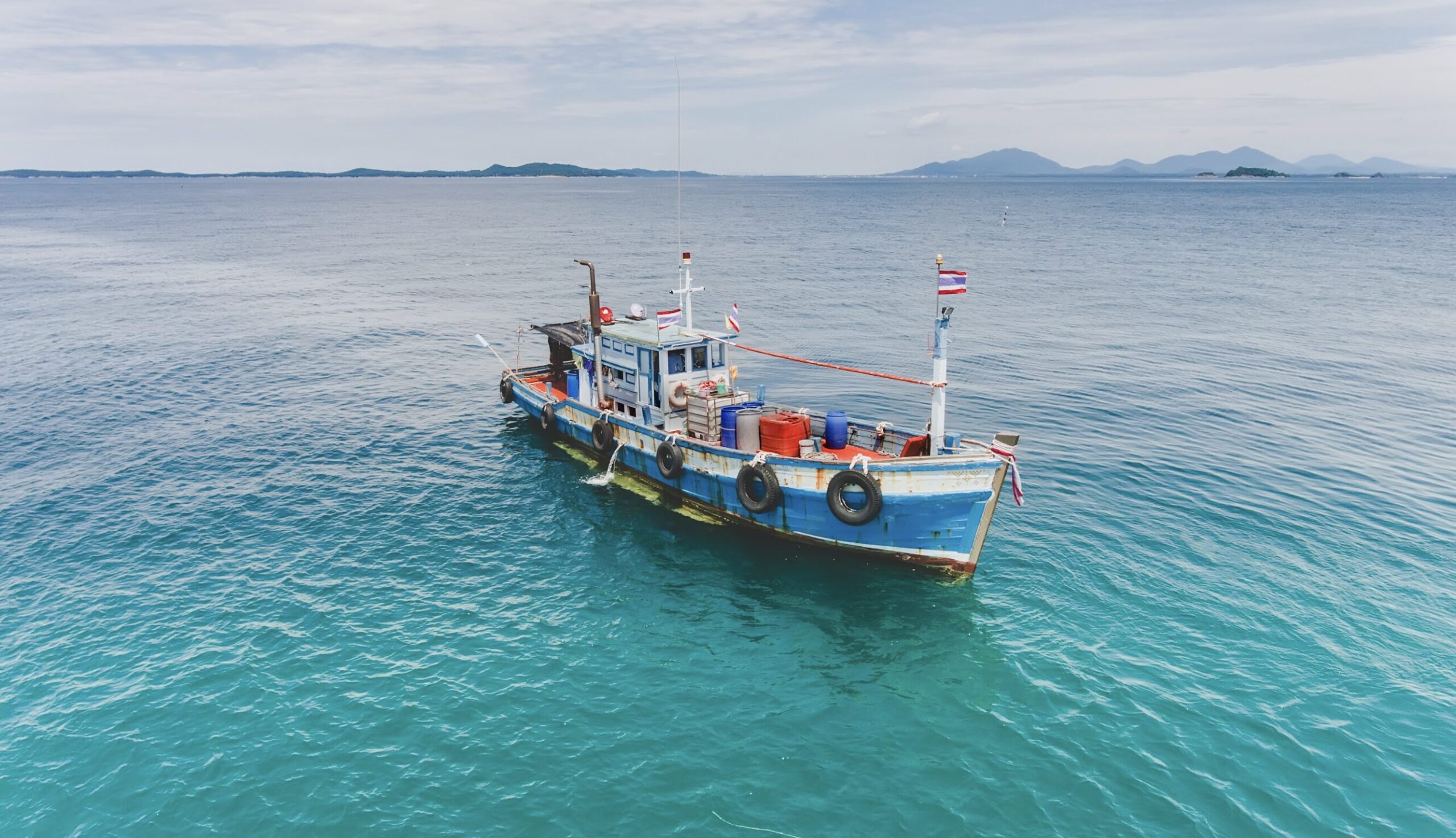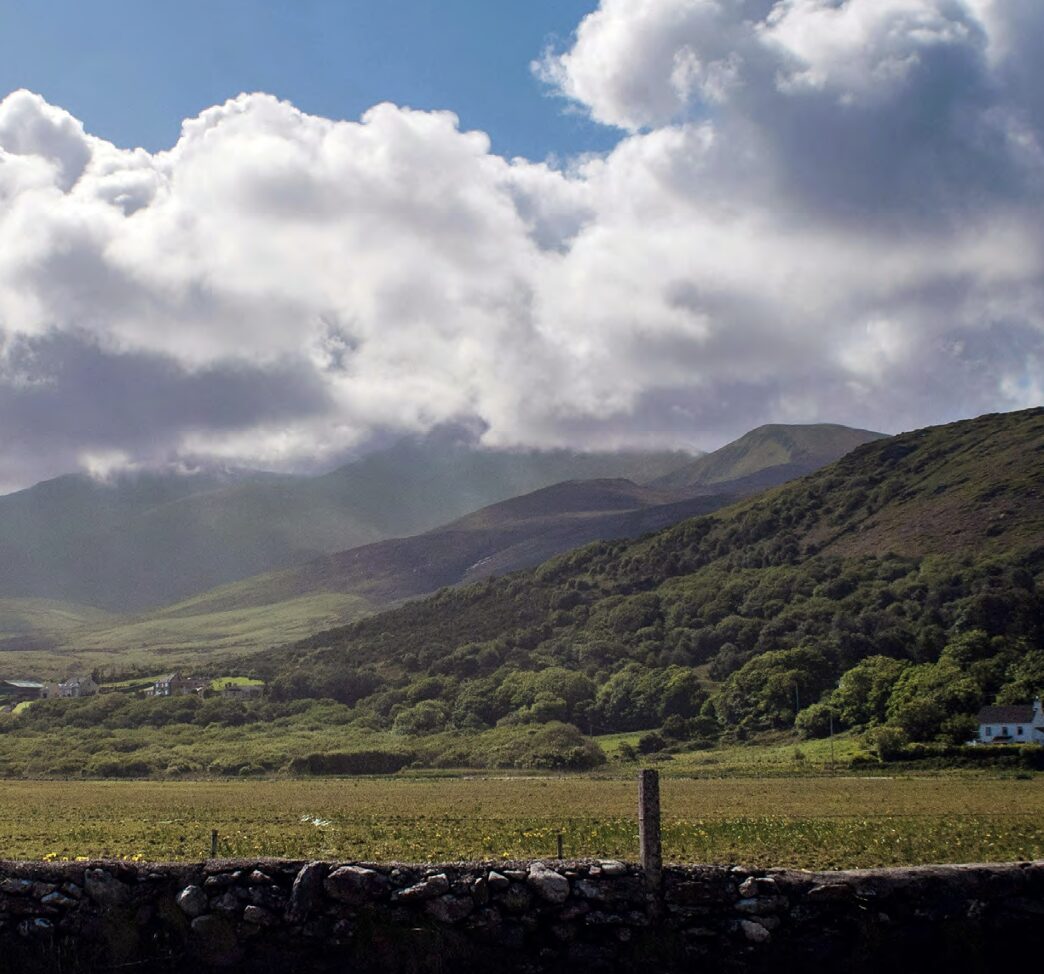Home AWB
Responding to a global challenge
We live in an interconnected world. The effects of climate change ripple out across national borders. And our adaptation actions can have consequences that cascade from country to country too.
Adaptation Without Borders is a new global partnership working to strengthen systemic resilience to these cross-border impacts.
We identify and assess transboundary climate risks and appraise the options to better manage those risks. We also support policymakers, planners and the private sector to develop climate-resilient, inclusive solutions.
Working with stakeholders worldwide to meet the global challenge of adaptation established by the Paris Agreement, we catalyse new alliances and forms of cooperation that pave the way towards a more sustainable and resilient world.
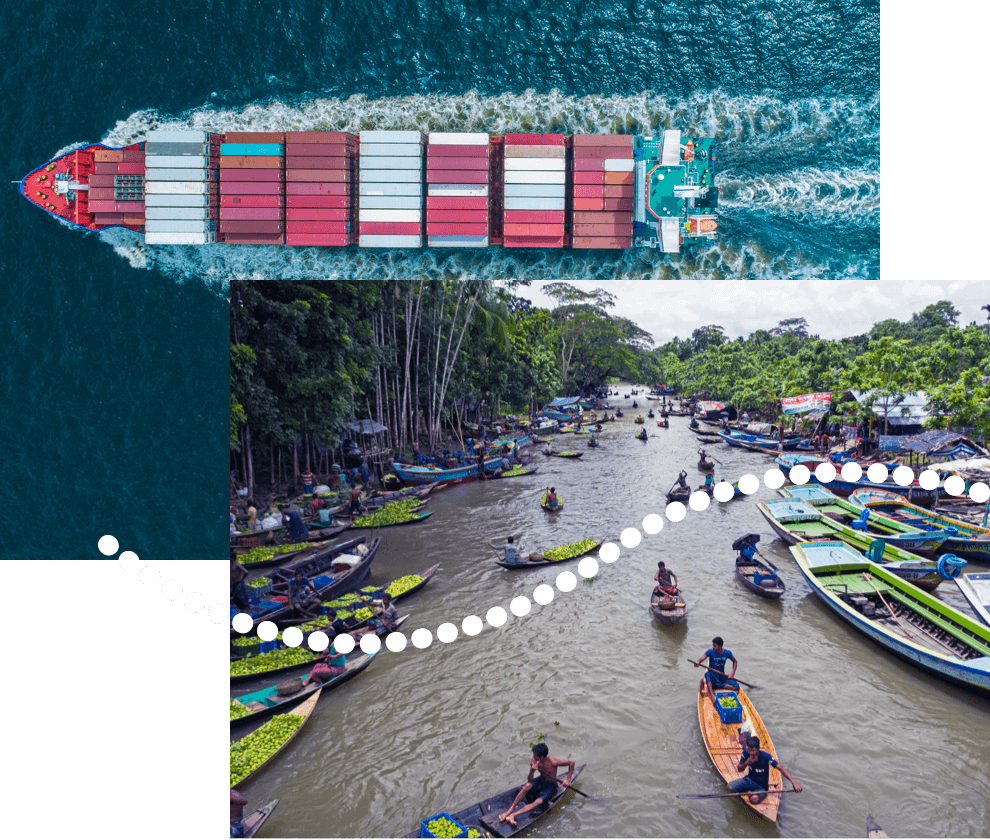
Managing transboundary and cascading climate risks in Africa
Whats are transboundary climate risks?
Our latest updates
See the latest research, analysis, news and events from Adaptation Without Borders.
Transboundary climate risks in Senegal: Opportunities for regional and international cooperation on adaptation
Cross-border, cascading climate risks and the LDC Group: Catalyzing management options within the UNFCCC
Assessment on prioritising transboundary climate risks for Ireland
Our work
What we do
Adaptation Without Borders brings together the research capacities and convening powers of globally-recognised experts and partners from across four continents. Together, we generate the tools and tactics needed to identify, assess and manage transboundary climate risks – working towards outcomes in three strategic agendas:
Pathways of risk
We advance the state of knowledge on transboundary climate risk: filling the gaps in current understanding which most constrain the capability of policymakers to act. We provide breakthrough insights on the transboundary climate risks which pose the greatest threat to our societies, economies and environments, as well as the critical pathways, such as trade and supply chains, through which they spread. We reveal tipping points and hotspots that could undermine our systemic resilience.
Policy engagement
We elevate transboundary climate risk across a number of key policy arenas, including the UNFCCC by supporting the operationalisation of the Global Goal on Adaptation and the 2023 Global Stocktake. We advocate, from an evidence-based perspective, that recognition of transboundary risk, and a reframing of adaptation as a global public good, is of paramount importance for building resilient societies in a globalised world. Such a paradigm shift could raise levels of ambition, investment and cooperation on adaptation the world over.
Planning and implementation
We provide guidance, tools and support to national adaptation planners so they can manage the transboundary climate risks their countries are exposed to, and the impacts of their adaptation actions on others. We assess the potential benefits and opportunities for coordinated regional responses in the Hindu Kush Himalaya, Caribbean, Sahel and European Union. Exploring relevant governance mechanisms and legal frameworks, we aim to strengthen accountability and responsibility for managing transboundary risks, grounded in political economy approaches that reveal risk perceptions and tolerances.
How we work
Adaptation Without Borders maintains an active community through coordinated mobilisation and targeted policy engagement, to develop the necessary momentum behind international solutions to cascading climate risk. We work across four key pillars, to:
Create visibility
Raising awareness, shifting perceptions and changing narratives.
Investing in communication activities, media engagement and high-visibility events, launches and campaigns focused around key influencing moments.
Gather evidence
Conducting research, pooling knowledge and presenting analysis.
Producing new methods, case studies, toolkits, dashboards and flagship reports and providing technical support and guidance for implementing agencies and funders.
Build connections
Bridging siloes, convening stakeholders and forming partnerships.
Hosting high-profile events and regional roadshows, stakeholder engagement consultations and knowledge transfer/translation activities.
Inspire action
Influencing policy, engaging practitioners and harnessing opportunities.
Engaging in international negotiations, coordinating submissions to relevant policy reviews, drafting briefs for policymakers and negotiators, building the capacity of adaptation planners.
